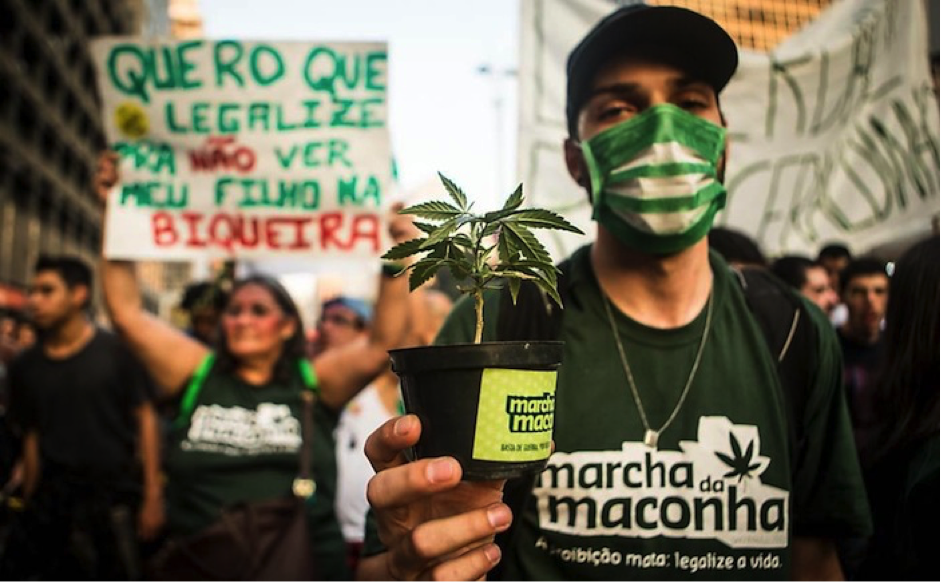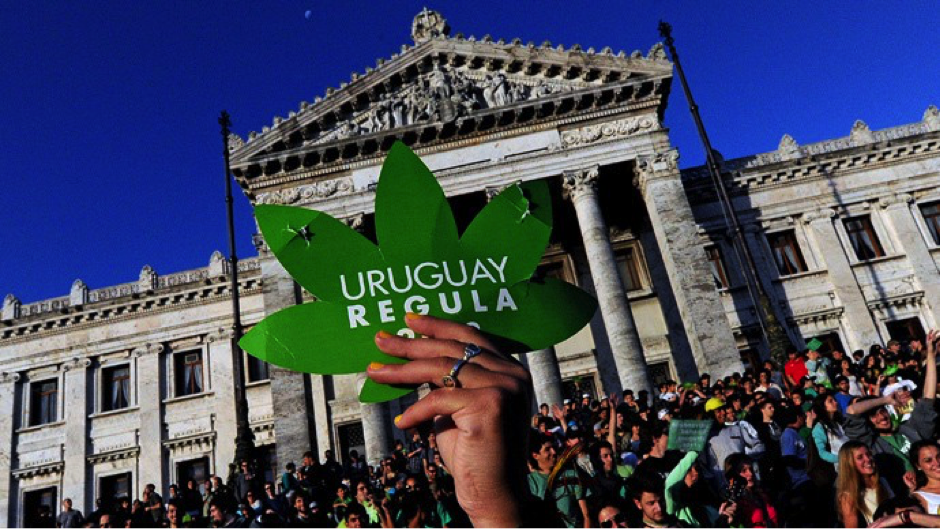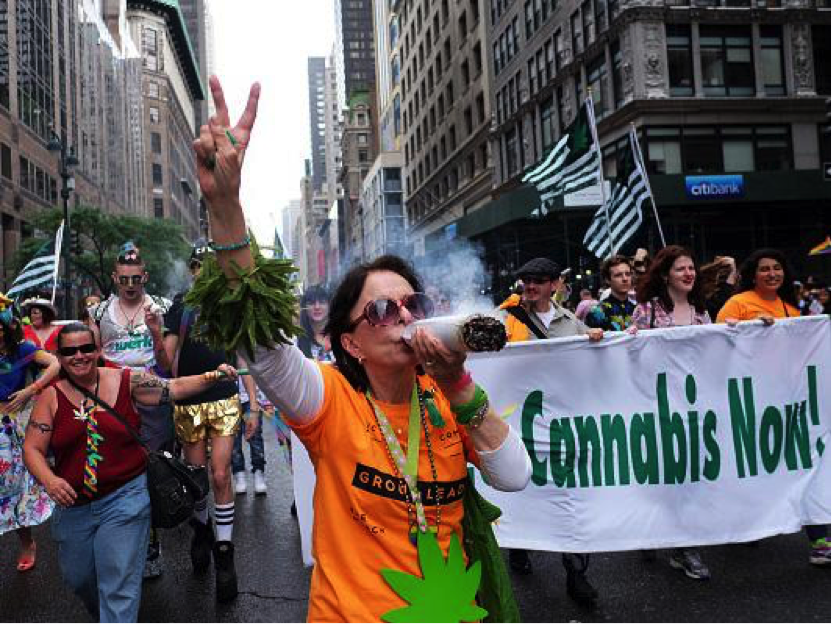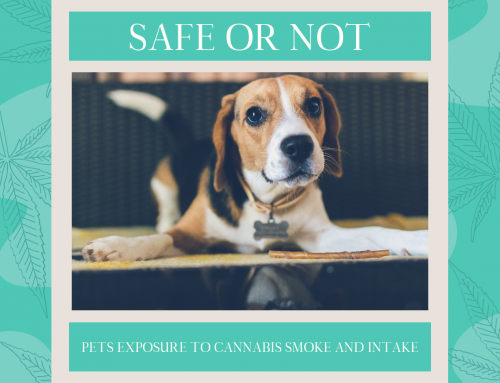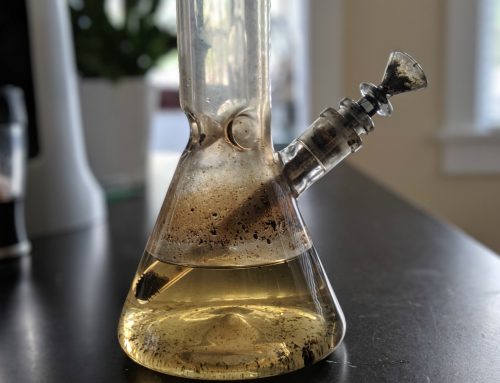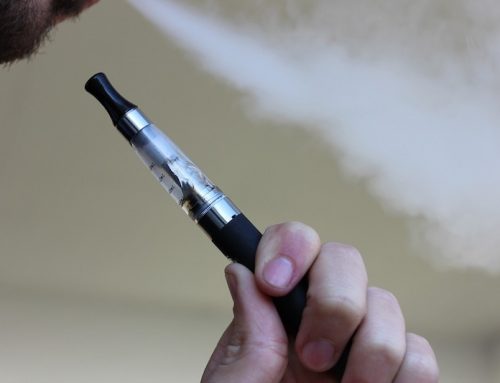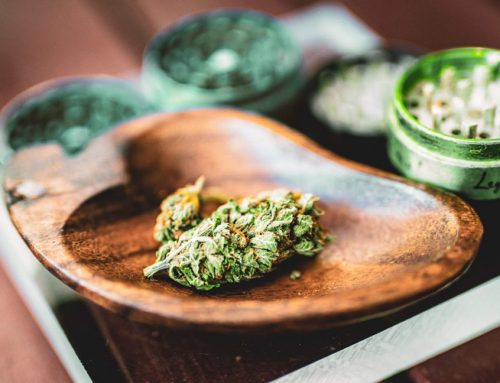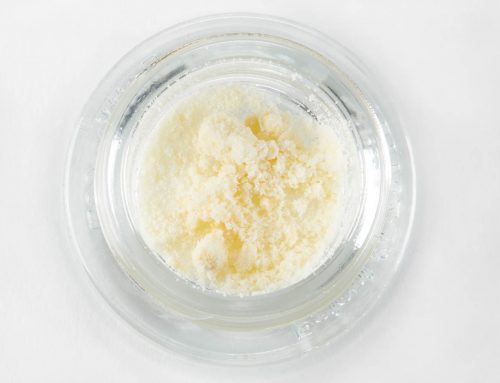Yet another prominent official has highlighted the potential benefit and importance of considering a more liberal drug policy for an entire country. As it stands, Brazil continues to find itself gripped by a tidal wave of violent crime on the part of drug gangs that are becoming increasingly powerful and dangerous. According to Justice Roberto Barroso of the Brazilian Supreme Court, the key to taking back control across Brazil lies in the legalization of drugs, including both cannabis and cocaine.
Mirroring the sentiments of many other lawmakers and politicians alike, Barroso believes that decades of wasted efforts to in some way bring the drug trade under control paint a harrowing yet clear picture of what needs to be done. He believes that jails all across the country are being unnecessarily packed with small-time drug users and suppliers, which is not only taking up far too much police time and clogging the system, but is also fuelling gang wars for the supply of drugs within prisons.
“Unlike the United States and Europe where the problem lies in the impact drugs have on consumers, in Brazil the problem lies in the power drug traffickers have over poor communities,” Barroso told Reuters in the court’s modern glass building in Brasilia.
“I can assure you it is only a matter of time. Either we legalize marijuana now or we do it in the future after we have spent billions and incarcerated thousands.”
While it is not uncommon for influential figures to float the idea of decriminalizing certain drugs, it is extremely rare for a judge in such a high position to speak in favour of drug legalization. Brazil’s prison system has become notoriously overcrowded and dangerous over recent years, with on-going violence culminating in a New Year’s Day prison massacre in the jungle city of Manaus, which resulted in dozens of murders and a spate of riots in other jails across the country.
More recently, more than 120 people were killed in the southeastern state of Espirito Santo while police were on strike. Police union spokespersons stated that once again, the crime frenzy could be attributed directly to drug gangs.
Following Uruguay’s Example
Barroso highlighted the way in which Uruguay is currently setting a positive example for neighbouring countries to follow, having become the first country in the world to completely and unequivocally legalize cannabis across the board. He would therefore like to see the cultivation, distribution and consumption of cannabis legalized across Brazil, in order to give authorities more time and resources to focus on more pressing issues.
“If that works we can easily move to legalize cocaine,” said Barroso.
“If you want to break the power of traffickers you need to consider legalizing cocaine.”
Uruguay became the first country ever to fully legalize cannabis back in 2013, though comparatively few countries worldwide have made the decision to decriminalise more dangerous and addictive drugs like cocaine. While the sentiments of Barroso in terms of taking power out of the hands of drug gangs are clear and understandable, many experts are not convinced that to legalize one of the most addictive substances currently known to man in the form of cocaine represents a good idea for society in general
“I’m not sure if my proposal for legalization will work, but I’m sure that the war on drugs has not,” Barroso said.
“We cannot just keep repeating the same mistakes over and over again.”
All-Round Benefits
In terms of cannabis however, the vast majority of experts seem to be in united in their views regarding the decriminalization or full legalization of marijuana. The problem in many instances being that when it comes to decriminalization, the lines are so incredibly blurred that the vast swathes of the public do not know where they stand. In many countries for example, while it is no longer a criminal offence to carry or consume cannabis in small quantities, there is still absolutely no legal way whatsoever of obtaining cannabis. As such, it represents a legislative adjustment that only stands to confuse things further.
As for why it is so many experts would like to see cannabis comprehensively decriminalized or legalized, it has absolutely nothing to do with or giving the cannabis community what it wants. Instead, it’s the way in which cannabis legalization can and already is bringing in-tow an extensive range of benefits and advantages, for those countries pioneering proactive legislation. Contrary to popular belief, it isn’t simply about flooding the streets with cannabis and giving younger generations the message that taking drugs is fine. Instead, it’s about the all-round benefits that affect each and every one of us, day in and day out, which include:
- Eliminating the black market. First and foremost, the only realistic way of eliminating the criminal cannabis market once and for all is to bring forth new and effective policy. Rather than allowing violent and dangerous criminals to continue running monopolies on an incredibly lucrative illegal cannabis market, it simply makes sense to take the power out of their hands and drive them off the streets permanently.
- Quality control. In addition, making steps toward a legal cannabis industry means being able to create and implement controls whereby the quality of available cannabis is extensively higher and more consistent than that of cannabis supplied by the black market.
- Fewer legal high incidents. Many countries all over the world are currently finding themselves in the midst of a public health crisis, spurred by so-called synthetic cannabis. The simple fact of the matter being that if regular cannabis of the highest possible quality was readily available for an affordable price, the overwhelming majority of those who turn to legal highs would probably make much safer decisions.
- Education and information. In countries like the United Kingdom where cannabis remains completely illegal at every level, the subject as a whole remains dangerously taboo. Which in turn means that there is extensive misinformation and a distinct lack of real knowledge and education, with regard to every aspect of cannabis, its consumption, effects and so on. Legalization helps bring the subject as a whole out into the open.
- Economic value. And of course, there’s the way in which creating and managing a legal cannabis system can bring about extraordinary economic contributions, which benefit the entire country. In the United States, total annual tax contributions from the fledgling legal cannabis industry are expected to top the $10 billion within the next 10 years. Even in a country as small as the United Kingdom, a legal cannabis industry could likewise drive billions directly into the economy and a wide variety of good causes, each and every year.

